DHAKA, Nov 12 (V7N) — The recent proposal by Bangladesh Jamaat-e-Islami to guarantee full wages for women working only five hours a day has sparked criticism from experts and civil society leaders. Abu Hena Razzaki, a Supreme Court lawyer and CEO of the Bangla Foundation, called the proposal “a cheap political gimmick” and urged public opposition.
In a televised discussion on the “Thikana” talk show hosted by Khaled Mohiuddin, Razzaki expressed concerns about women’s rights under political parties. “Many politicians publicly speak about women’s rights, but all parties tend to overlook them in practice. The number of female nominees is a clear indicator of their priorities,” he said.
Razzaki further noted concerns specific to Bangladesh Jamaat-e-Islami. “There is ongoing societal discussion about whether, if in power, the party would dictate women’s attire or restrict their mobility. In this context, proposals about limiting working hours raise further concerns. The party must demonstrate that these ideas are misconceptions,” he added.
Tarek Rahman, Secretary of the Amjontar Party, also participating in the program, rejected the five-hour workday proposal. He emphasized that increasing women’s participation in economic activities is essential for improving their livelihoods and reducing the burden of injustice and exploitation. “Women must first be recognized as full human beings to enhance their presence in the workplace,” he said.
The discussion, broadcast live on the “Thikana” YouTube channel at 12 p.m. EST (10 p.m. Bangladesh time), also covered topics including the July certificate, July killings, election commission activities, and women’s rights.
Rahman, whose party registration was recently rejected by the Election Commission, staged a hunger strike in protest. “I went to the Commission to understand why our registration was denied, but no one wanted to hear me. This hunger strike was a peaceful protest against that disregard,” he explained. He later ended the strike following guidance from senior BNP leaders, describing it as a gesture of political discipline.
Razzaki highlighted that the Election Commission must communicate any deficiencies formally and follow procedural norms. “Neglecting applicants is unacceptable. The Commission’s actions must remain structured and rule-based,” he said.
END/V7D/SMA/



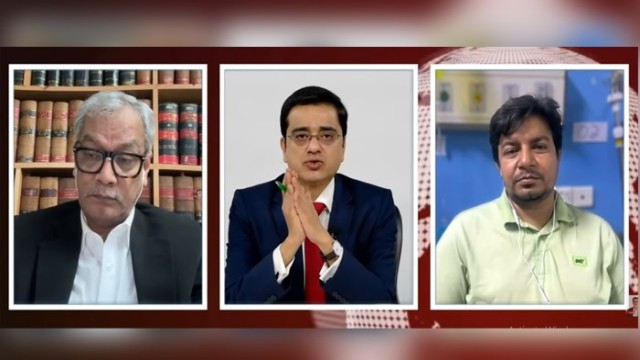


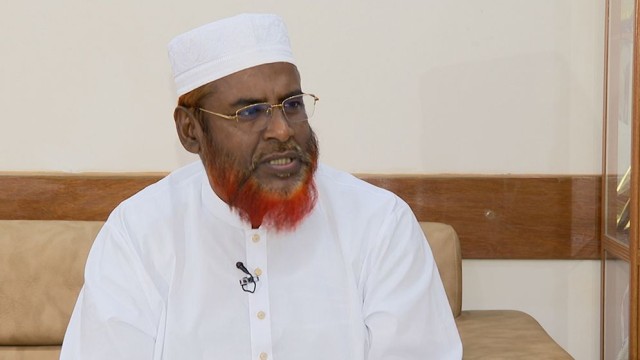
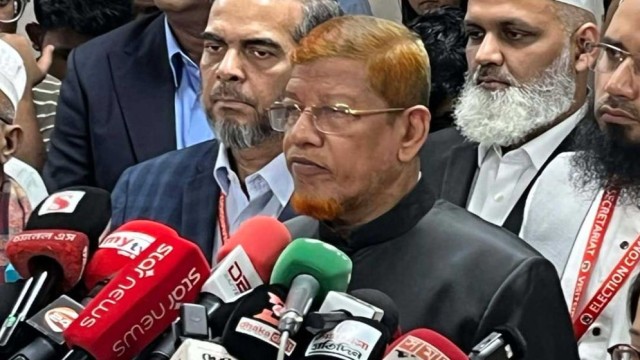
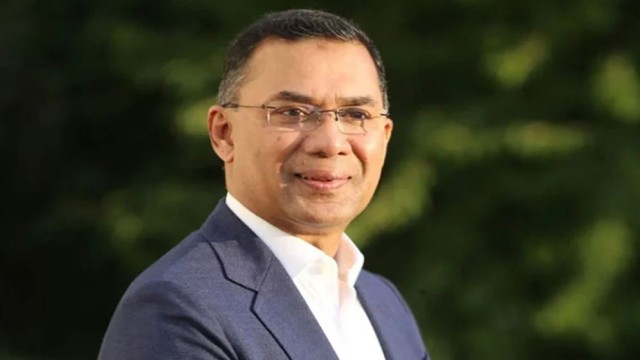


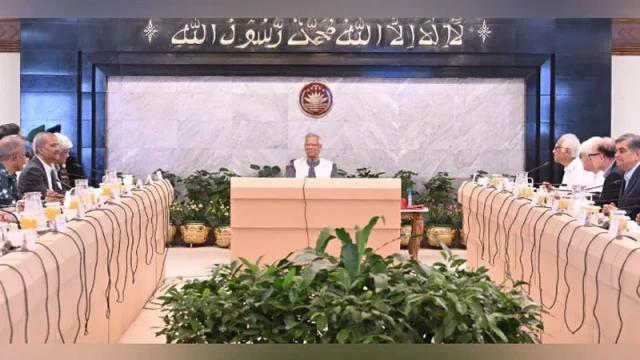
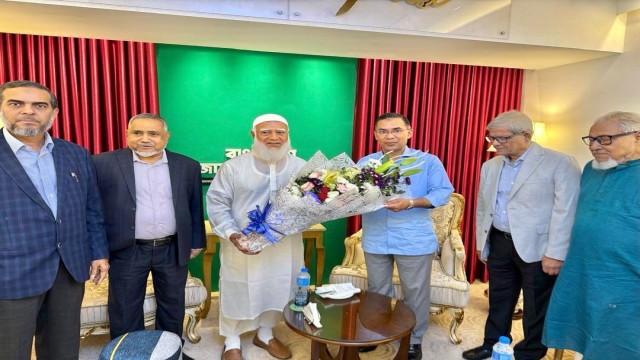

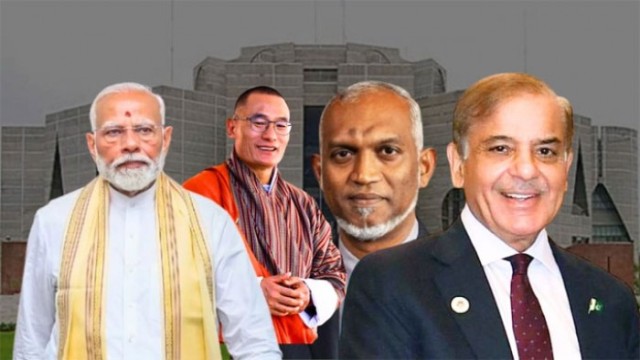
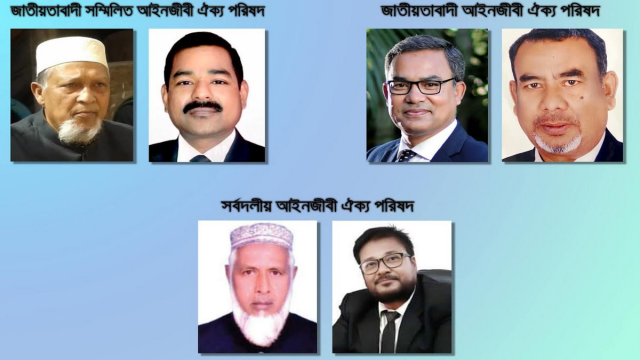















Comment: